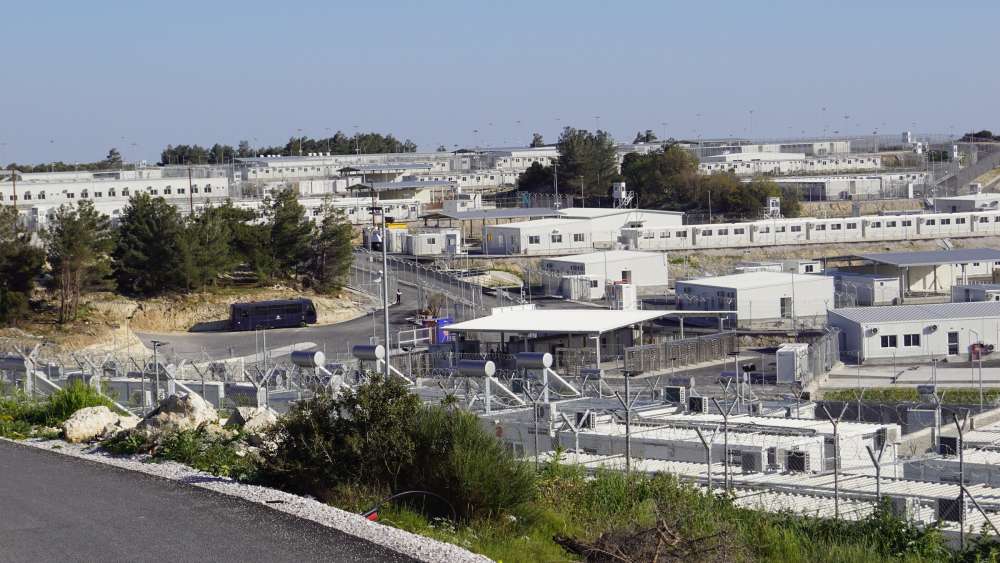‘Protection’ in European Union Asylum Law
International and European Law Requirements for Assessing Available Protection as a Criterion for Refugee and Subsidiary Status

Asylum law in the European Union is ripe with caveats that allow authorities to reject asylum applications due to ‘protection’ received in the home country or another location. For example, authorities in Greece may consider rejecting the asylum application of an Iraqi citizen for not staying in a more peaceful part of their home country, or remaining in Turkey where they had allegedly received protection.
But what does ‘protection’ mean in this context? And when is it strong enough to make denying an application for asylum lawful?
Departing from the notion that refugee status is a surrogate for lacking protection at home, this work investigates the interplay of international and European Union law on three legal concepts of protection in the assessment of refugee status: protection against harm by non-state actors, the Internal Protection Alternative concept, and asylum in third countries on the way to the European Union. This book demonstrates how the trend to conflating these concepts risks equating international protection with mere safety, which stands in stark contrast to the purpose of refugee law.
The book is available from Brill.







